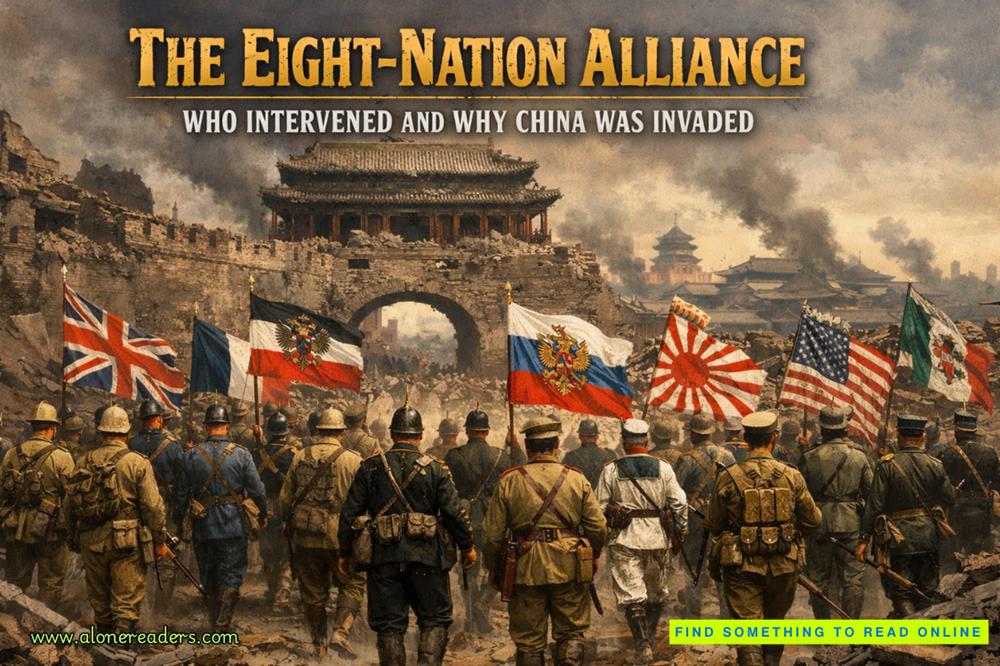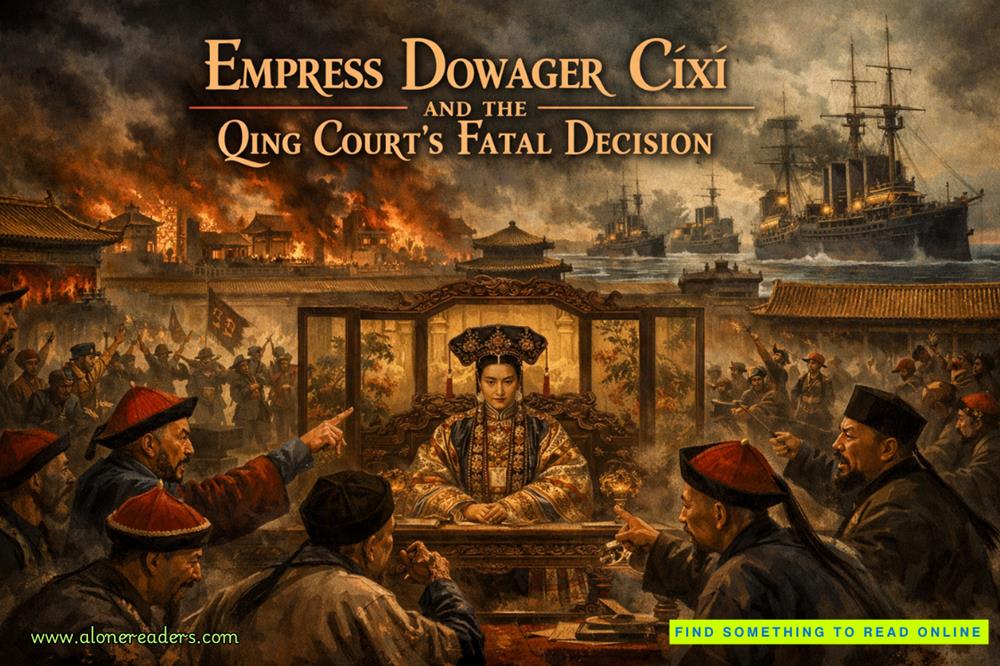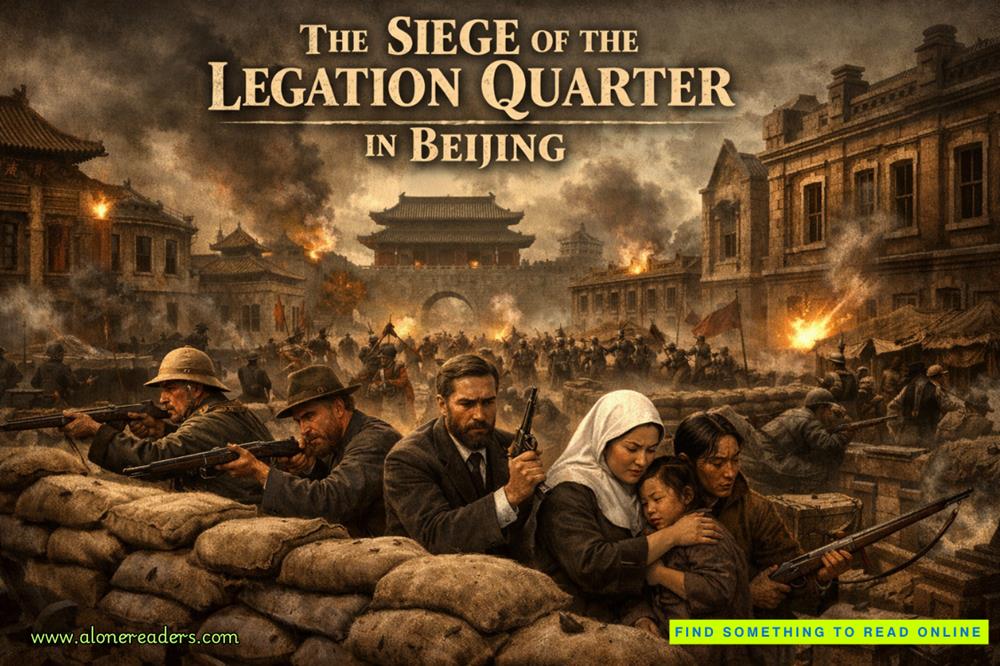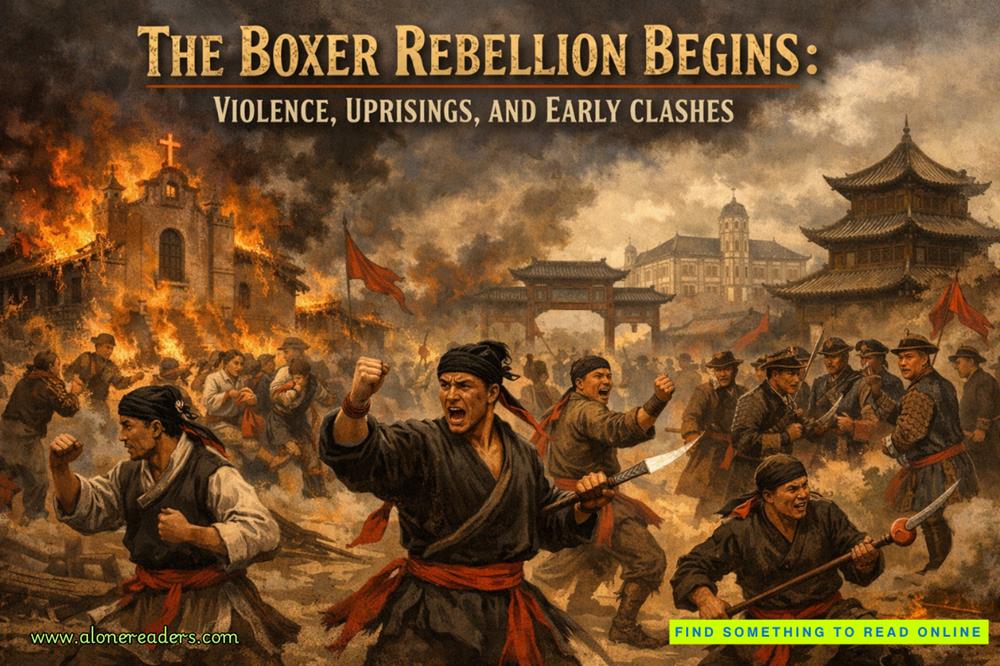“Will you walk with me?” he asked.
*
Her breath caughtjust slightly, and she hesitated. Something passed through her expression. It was quick and unspoken before she nodded. Still, clarity had always steadied her. If she had questions, this was how she would get answers. “Yes,” she said. And threaded her arm through his.
They slipped toward the edge of the room into a narrow corridor where the music faded to a distant hum. She didn’t know why she’d said yes. Not exactly. Her feet had moved before her mind had caught up. But now, with his arm so close, the distance between what had been and what might still be felt narrower than ever. It wasn’t forgiveness she sought. It wassomething quieter, a kind of knowing. And in that corridor, with no music and no audience, she might find it.
Their arms barely touched, linen brushing wool, but the contact was enough to root him. The warmth of her beside him, real, not imagined, stilled everything else.
The air was cooler there, and the stone walls carried echoes of their footsteps. Mary-Ann ran her fingers along the wall, trailing them across the ridges. Quinton watched her silently, struck by how naturally she moved through this space as if it belonged to her. Candle sconces flickered along the way, casting golden pools of light and long shadows across the stone floor. The scent of beeswax and old stone lingered in the air, earthy, quiet, a world apart from the laughter and strings behind them.
“You’ve changed,” she said softly.
He nodded. “So have you.”
“I don’t know what to say when I look at you.”
“Say what’s true.” He looked ahead.
“That you still brood too much?” she said, the familiar lilt hitting him like a memory made flesh.
The corner of his mouth twitched. It was something she used to tease him about, and hearing it now, nestled among tension and truth, it made his chest tighten. She remembered. Not just the man, but their language. The private vocabulary that only two people in love could invent.
She paused. “I’m glad you’re alive,” she said softly.
He looked at her, searching for something beyond her words. “That’s enough.” And it was for now.
As they walked on, the silence between them wasn’t empty. It carried years of what was unsaid.
“Do you ever think,” she began, “that if one letter had found its way through, just one, we’d be in an entirely different situation?”
He met her eyes. “I used to think that every day.”
She nodded once, sharply. “So did I.”
She glanced at him again, and for a moment, it was as if the silence between them gave way. Not enemies. Not strangers. Just two people who had waited too long, each believing the other had let go.
The moment stretched, long and fragile.
Behind them, the music swelled as the orchestra changed tempo.
“I should go back,” she said.
He stepped aside. “Of course.”
She didn’t move immediately. She glanced back, not quite at him, but in his direction. Her fingers brushed the wall before she stepped back through the archway into the ballroom.
She didn’t look back. But something in her bearing had shifted. He couldn’t name it exactly. Only that the distance between them no longer felt impassable.
Quinton remained behind. He didn’t follow. Not yet.
The notes of the waltz drifted faintly down the corridor. His footsteps echoed softly and distinctly as if even the air around him had chosen silence.
He ran a hand along the cool stone wall, tracing hers. He exhaled. The tension hadn’t left him, but it had shifted. She remembered him, their past, the language that had once been theirs alone.
That was more than enough. He’d lost her once, and it had nearly ruined him. He would not lose her to silence again.
He didn’t come tonight to make decisions. But the moment she met his eyes across the ballroom when she spoke in the rhythm only they had shared, the course had set itself.















